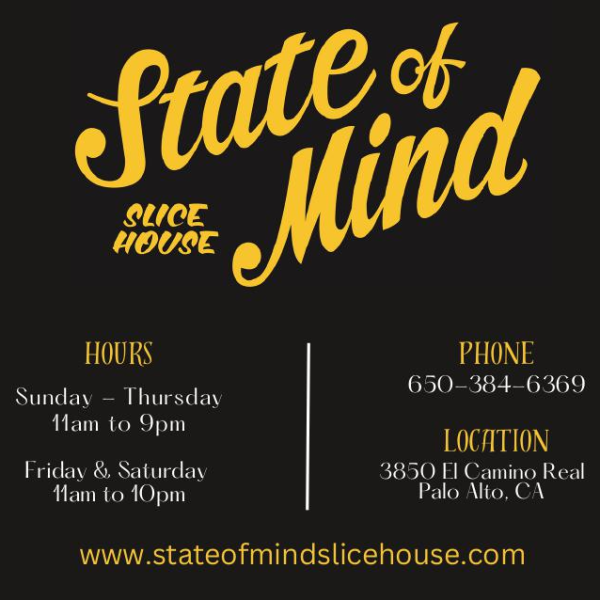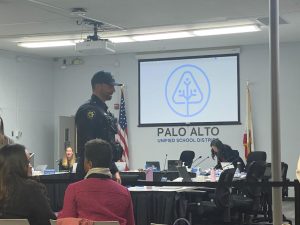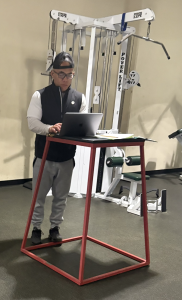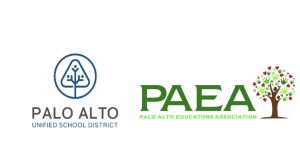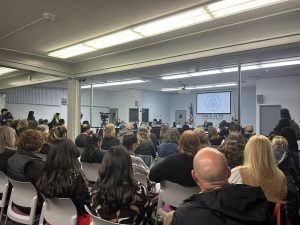Debate heats up over possible CS requirement
May 24, 2018
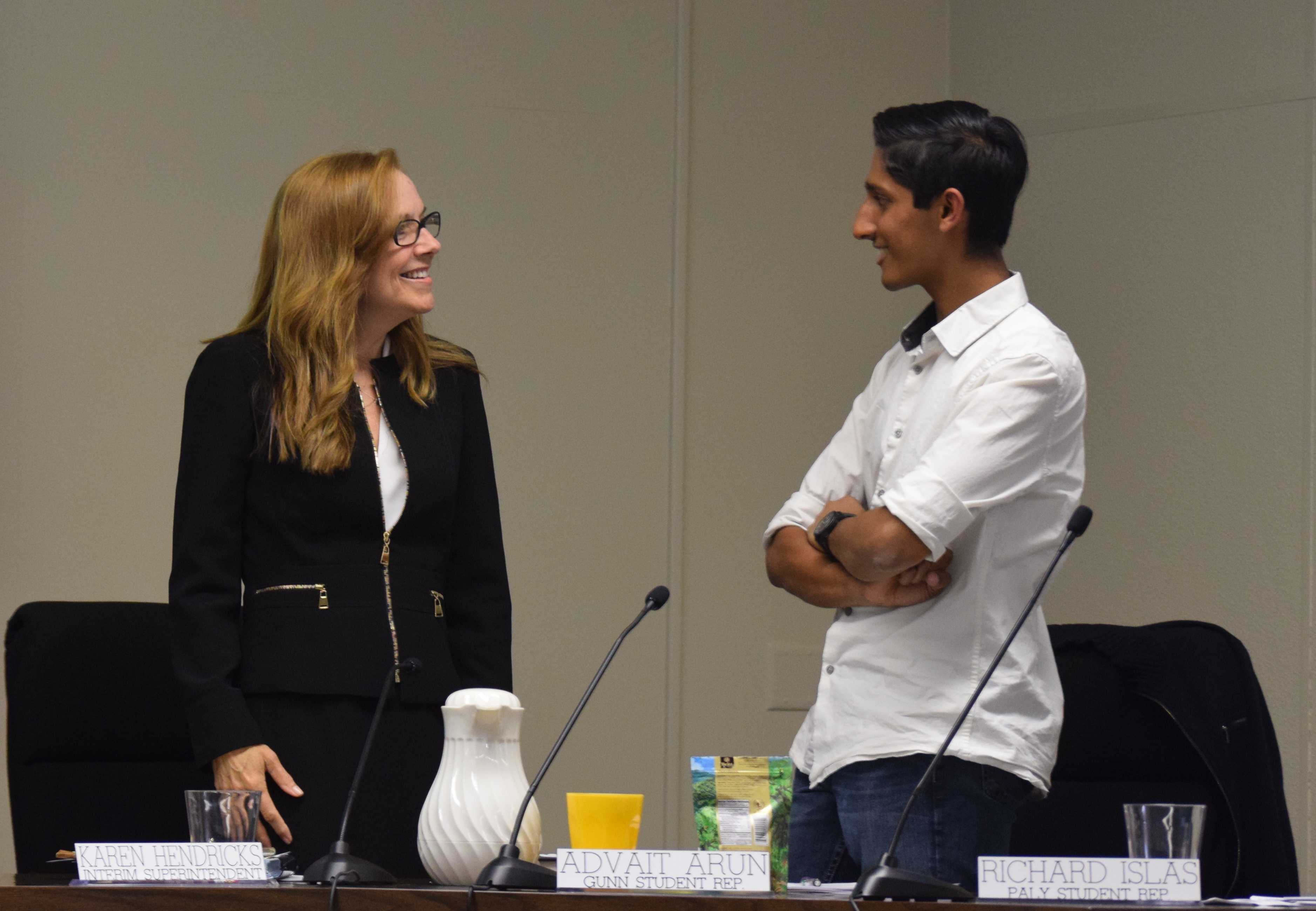
After a heated debate at Tuesday’s Palo Alto Unified School District Board of Education meeting, the board looks to deliver a verdict on whether computer science will become a mandatory part of the high school curriculum.
Members of the Computer Science Curriculum Design Advisory Committee, led by Chief Academic Officer of Secondary Education Sharon Ofek, presented their research and proposal to integrate computer science as a requirement in the K-12 curriculum. The most heavily debated aspect of the plan regarded implementing more mandatory computer science education in high schools.
“Computational thinking, which is the logic, algorithmic thinking and problem-solving aspects of computer science, provides an analytical backbone that is useful for every single student in any career,” said Henry M. Gunn High School junior John Guibas, a member of the CS CDAC. “Schools teach math to students regardless of whether they want to become mathematicians, because it is foundational. The same is true with computer science.”
For the most part, board members were opposed to making computer science mandatory. However, they did agree that it should be woven into different subjects including math and science. Board members also agreed that the discussion of making computer science a graduation requirement was a distraction.
“I’m really happy to see our faculty working to incorporate diverging areas of study, especially like the theme of integrating things into existing curricula, existing coursework … primarily because I think that there’s so much of what we do is taught in a siloed way,” board member Todd Collins said. “There was a lot of focus in the discussion on a graduation requirement — it feels to me like that’s a distraction.”
According to a 2017 survey of PAUSD students presented by the CS CDAC, out of the 2,213 students surveyed, 66 percent of students agreed moderately or strongly that computer science should be taught more in education from sixth to 12th grade. However, students were split evenly on making computer science a graduation requirement, with 51.6 percent polling against and 48.4 percent in favor.
“Computer science is a part of our lives now … students should learn that they are able to use computers at every level of their development,” Paly junior Robert Selwyn, a member of the CS CDAC, said. “Their curriculum begins with formal education beginning at elementary levels and grows more sophisticated as the student matures.”
Advocacy for computer science as a graduation requirement was met with staunch opposition by many community members during the open forum. Paly senior Claire Billman said that requiring a semester of computer science would only increase the achievement gap in the district.
“Fortunately, I am in a position where my family can afford to pay for me to take classes outside of Paly … but not everyone has that, and that highlights our achievement gap,” Billman said, addressing the board. “You’re threatening the achievement gap, which has been a goal forever to fix.”
The CS CDAC presented two possible options to the board. The first option includes a new one-semester “crash course” in CS. According to the CS CDAC, it would not be a prerequisite for any other class — it would just be taught to give students exposure. The second option, however, requires students to take any one of the currently existing CS classes, some of which lead to more advanced classes including Advanced Placement Computer Science and CS Capstone.
Many students who spoke out acknowledged the utility of exposure to computer science, but argued that a requirement to complete such courses would decrease the amount of freedom students have to choose electives they want to take.
“I just wanted to address one of the big problems that I feel making CS a graduation requirement presents, and that would be taking even more focus away from visual and performing arts or other electives that students are interested in taking,” Gunn junior Corinne Sears said. “By adding another graduation requirement, it makes it difficult for already really busy students to try new classes that they might be interested in and puts an even bigger emphasis on STEM, which already has a huge amount of graduation requirements.”
A main point of contention at the meeting was what classes the CS curriculum would replace. With the possible implementation of a required CS course, adjustments would have to be made to the amount of credits required for graduation. This would allow students to have the same amount of freedom when choosing electives.
The CS CDAC suggested that the district reduce the amount of history and social science credits required to graduate, which drew a large amount of criticism from student and staff speakers.
“Our History and Social Science elective offerings cater to students at all levels, and the courses all strive to help students critically evaluate the social world in which they live in,” Paly history teacher Eric Bloom said. “The world is becoming a more and more confusing place, and students need to be equipped with skills to evaluate and operate in a social environment. Employers are noting the need for better collaboration and critical thinking in new hires, not better technical skills.”
The next board meeting will occur on June 5.
Should CS be mandatory for high school students?
- No (59%, 63 Votes)
- Yes (41%, 43 Votes)
Total Voters: 106



